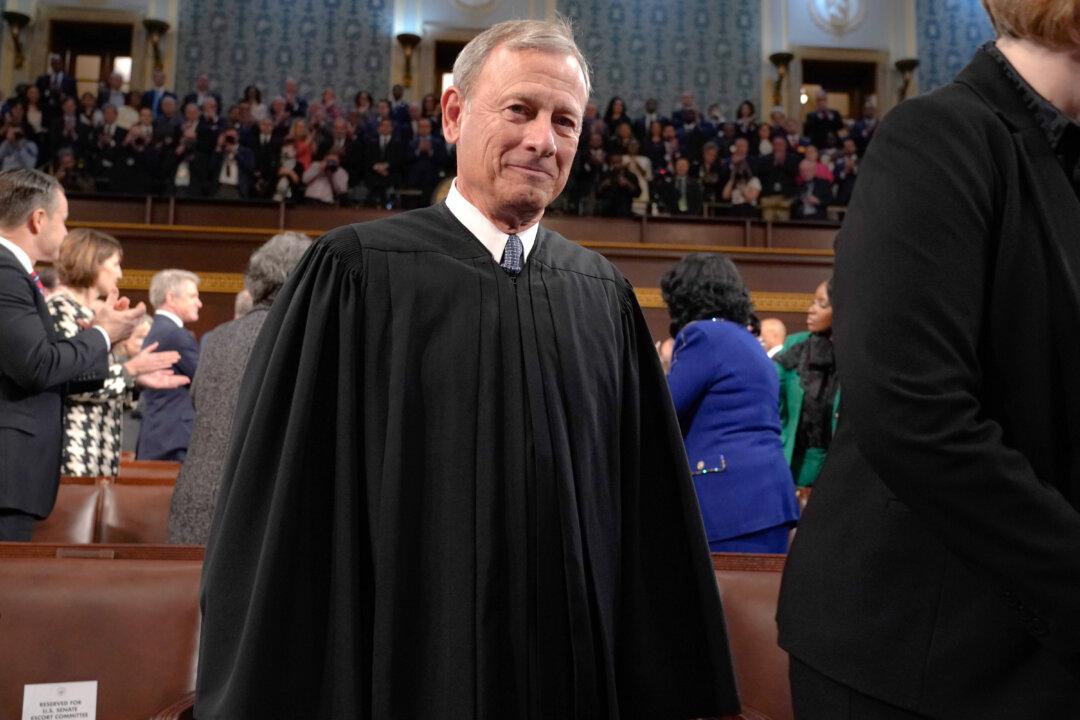The Department of Veterans Affairs (VA) is shortchanging military veterans seeking education benefits, the Supreme Court heard on Nov. 8.
If the court rules in favor of the veteran who brought the case, 1.7 million post-9/11 veterans could become eligible for additional education benefits potentially worth billions of dollars. The government disputes the 1.7 million figure, saying that it’s closer to 30,000 veterans.





